State officials have confirmed that an aggressive and rare invasive plant is growing in the East Winthrop end of Cobbossee Lake.
The infestation of Eurasian water milfoil was discovered late last month by surveyors from the Friends of the Cobbossee Watershed in the key central Maine lake, according to a news release Tuesday from the Maine Department of Environmental protection. Eurasian water milfoil is currently known to be in just one other body in Maine, a 28-acre pond in Scarborough, according to the state agency.
On the agency’s website, it warns that an infestation of Eurasian water milfoil can be “virtually impossible” to eradicate. It also indicates that an infestation can affect the boating, fishing and swimming in a lake, reduce water quality, and potentially lead to lower shorefront property values.
State workers now are working to contain the milfoil’s growth in Cobbossee Lake, a more than 5,000-acre body of water in the towns of Winthrop, Manchester, Monmouth, West Gardiner and Litchfield. They’re making periodic trips to the lake to dive underwater and remove the plants.
“The good thing about it is we feel that we’ve caught it early,” said Toni Pied, the plant survey and control director at Friends of the Cobbossee Watershed. “We’ve been surveying the area where it was found and the adjacent habitat, and we haven’t found it anywhere else.”
The surveyors spotted the milfoil in the area around Lakeside Motel & Cabins, an East Winthrop business that rents out lodging and boats and operates a marina. Surveyors first saw it around July 19, then sent photos and samples of it to the state for confirmation, according to Pied. So far, it seems to be confined to the north end of the lake.
Eurasian water milfoil is an underwater plant with whorled leaves that resemble feathers, according to Maine DEP. It can grow in large, dense mats in water up to 15 feet deep, and produces a flower spike that can rise above the lake’s surface. It grows rapidly when fragments spread to other parts of a lake or bodies of water.
The state is working with Friends of the Cobbossee Watershed and another local organization, the Cobbossee Watershed District, to track and contain any further growth. It hopes to eradicate the infestation but doesn’t know if that’s possible at this point, DEP Commissioner Paul Mercer said in the news release.
“The sharp eyes of Friends of (the) Cobbossee Watershed surveyors found this invasive species at what we believe to be an early growth stage,” Mercer said. “… We are optimistic that continued rapid response by local organizations and DEP will reduce risk of this plant from spreading to other parts of the lake, and to other lakes.”
To prevent the spread of invasive plants, fish and other organisms, the DEP urged boaters to clean, drain and dry all boats, anchor lines and fishing gear before and after launching into the state’s waterways.
Lake watchers on a nearby body of water, Annabessacook Lake, currently are fighting another infestation of milfoil. But it’s a different species — variable-leaf water milfoil — that has taken root there and in more than 20 other Maine lakes and ponds. Just this week, the town of Monmouth temporarily closed a boat launch in Annabessacook Lake over concern about that growth.
Groups such as Friends of the Cobbossee Watershed have been trying to contain and eradicate the variable-leaf water milfoil in Annabessacook Lake, partly out of fear that it could spread downstream to Cobbossee Lake. The lake also is called Cobbosseecontee Lake.
“We were not expecting to find Eurasian, but we did,” Pied said.
While some infestations have remained stubborn, the state also has seen some success stories. Eurasian water milfoil took root in Salmon Lake in Belgrade a number of years ago, but by 2012, there were no more signs of it.
“It’s too early to tell if eradication is achievable but that is the goal of this collaborative rapid response effort,” Mercer said of the Cobbossee Lake infestation. “The lake community is fortunate to have strong local organizations working to protect area waters.”
Charles Eichacker — 621-5642
Twitter: @ceichacker
Send questions/comments to the editors.


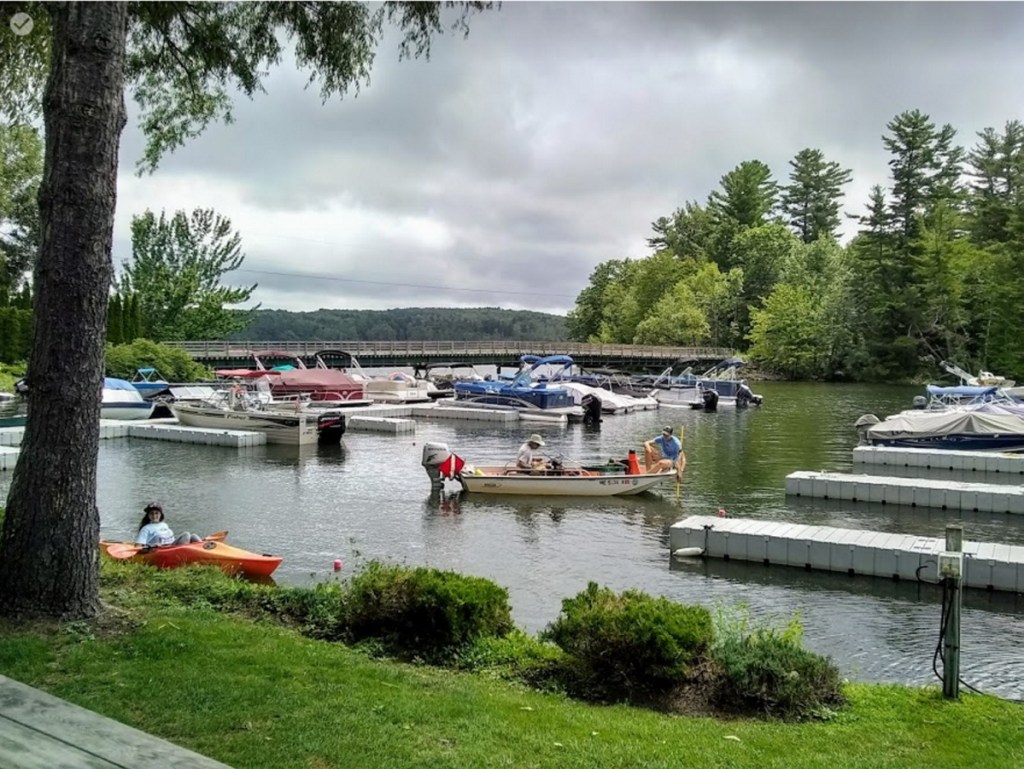
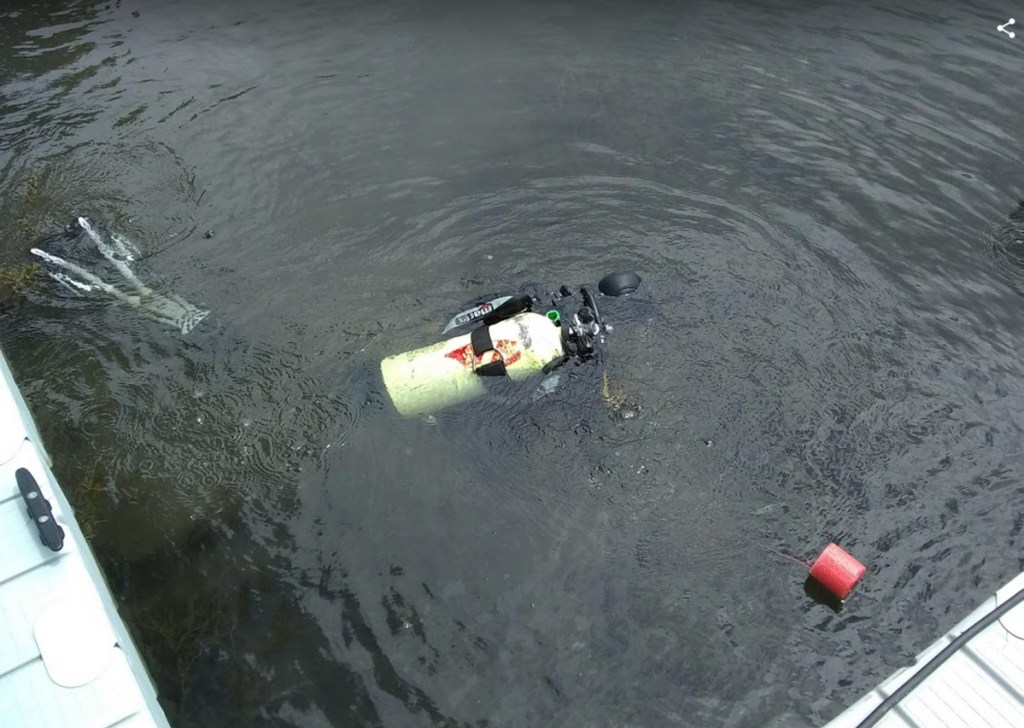
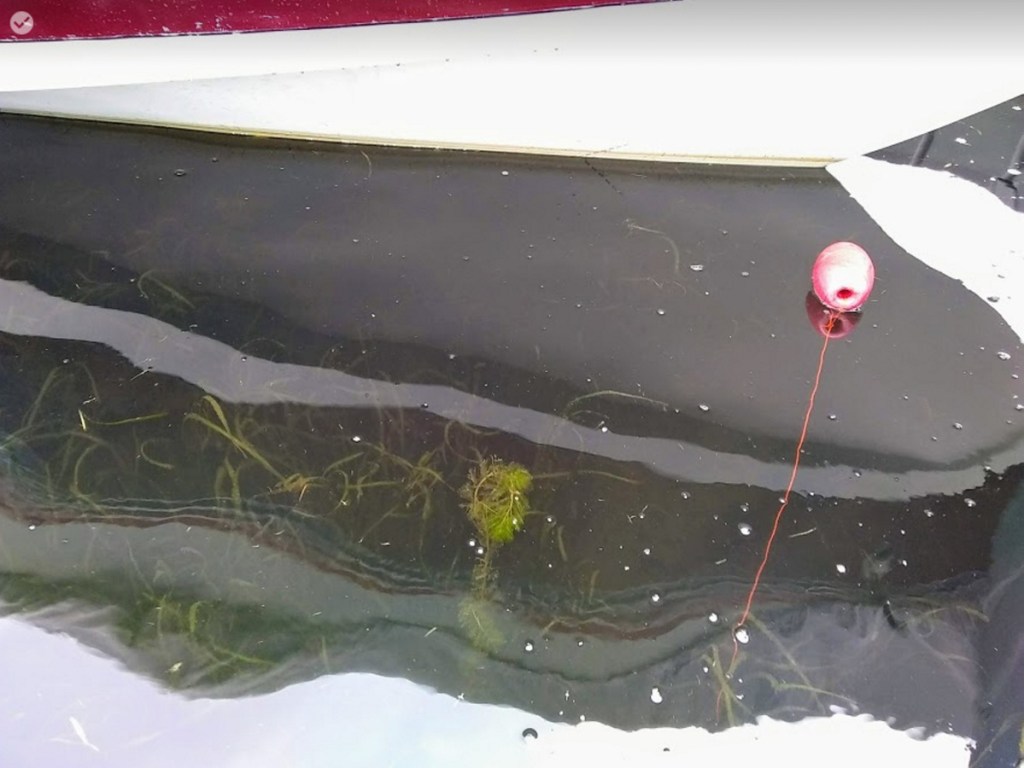
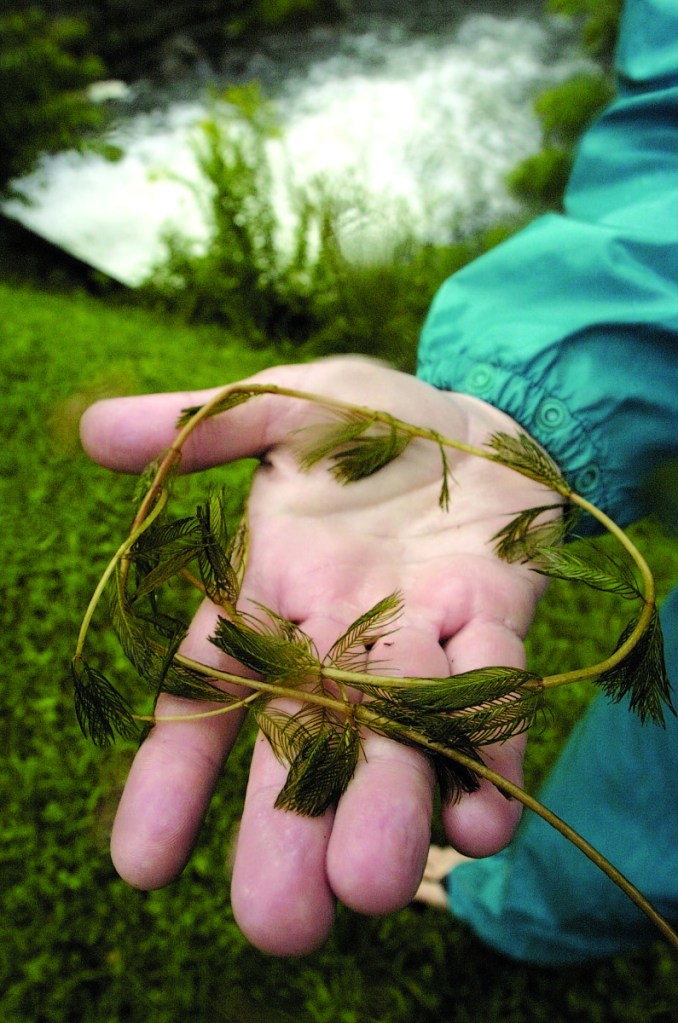
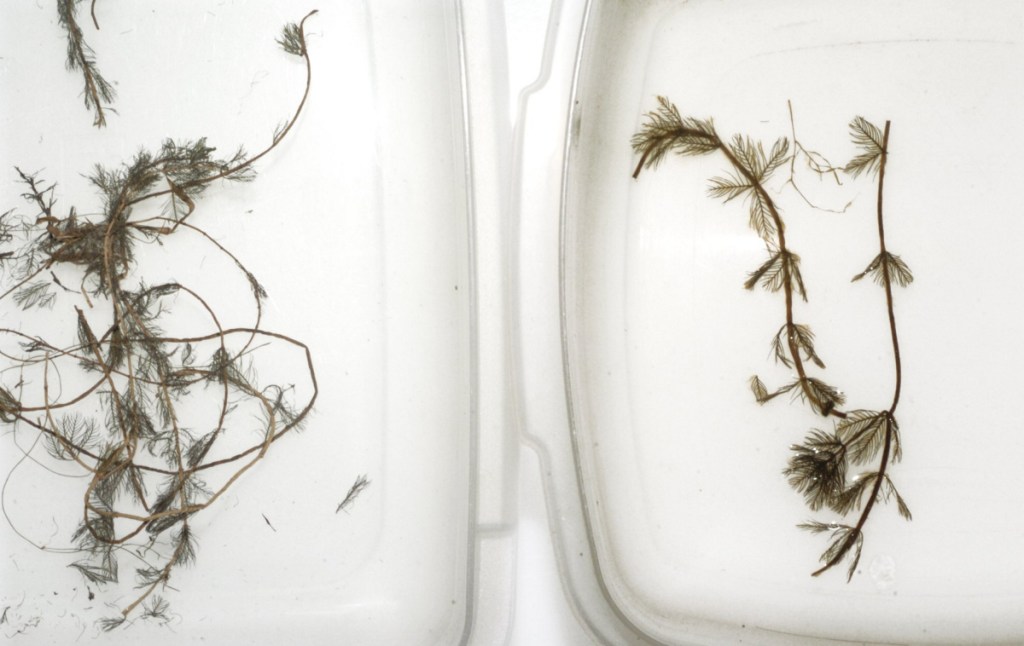

Comments are no longer available on this story